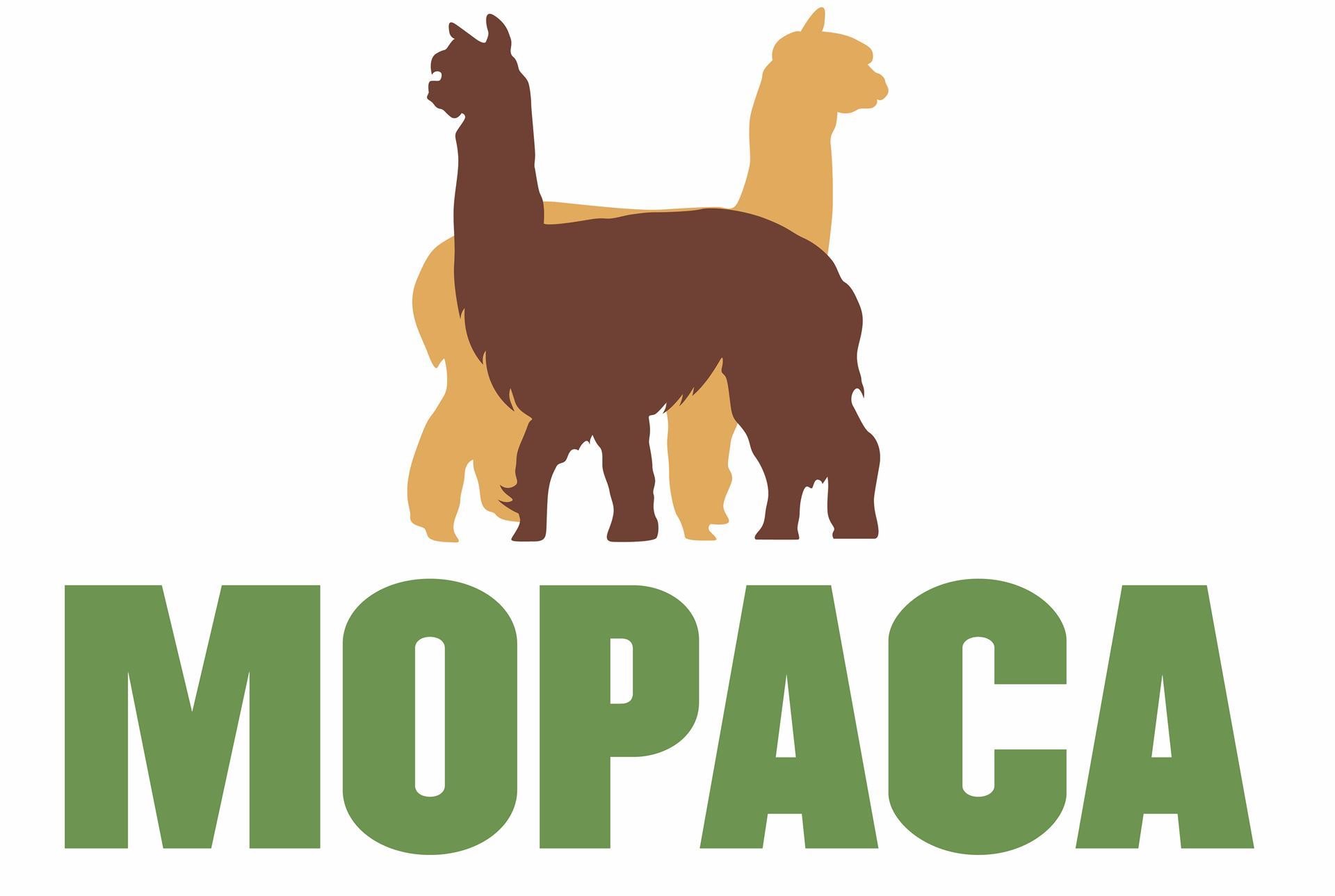About the Alpaca IndustryLearn MoreThe Alpaca Owners Association offers a wealth of information for new owners and those who are thinking about alpaca ownership. Check out the info pages here, from the basics about the animals to husbandry and having alpacas as a business. Other excellent resources include: Free educational publications to download: | Alpacas!
Thinking about alpacas?
|

